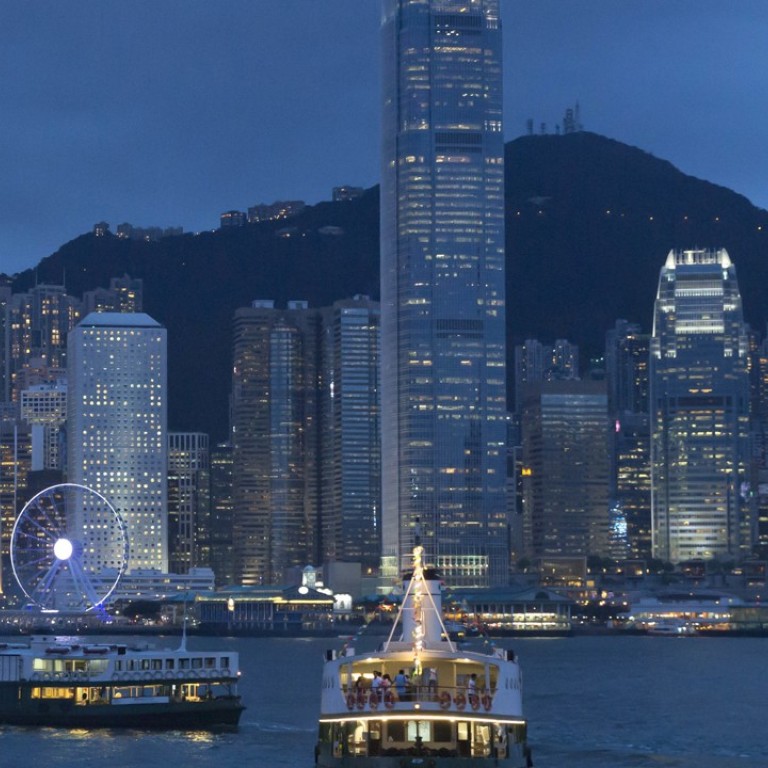
Hong Kong is more than just a link in China’s regional development plans
Tara Joseph says while Hong Kong has an important role to play in China’s regional objectives like the Greater Bay Area and belt and road, it has unique characteristics that separate it from the rest of the nation, and the government must promote them to ensure a bright future
This is not a big surprise. If you live in Hong Kong and follow the news, you are well aware of how Hong Kong emphasises its relevance to the belt and road scheme, China’s effort to create greater connectivity among Eurasian countries, and the development of the Greater Bay Area, linking Hong Kong with 11 southern Chinese cities.
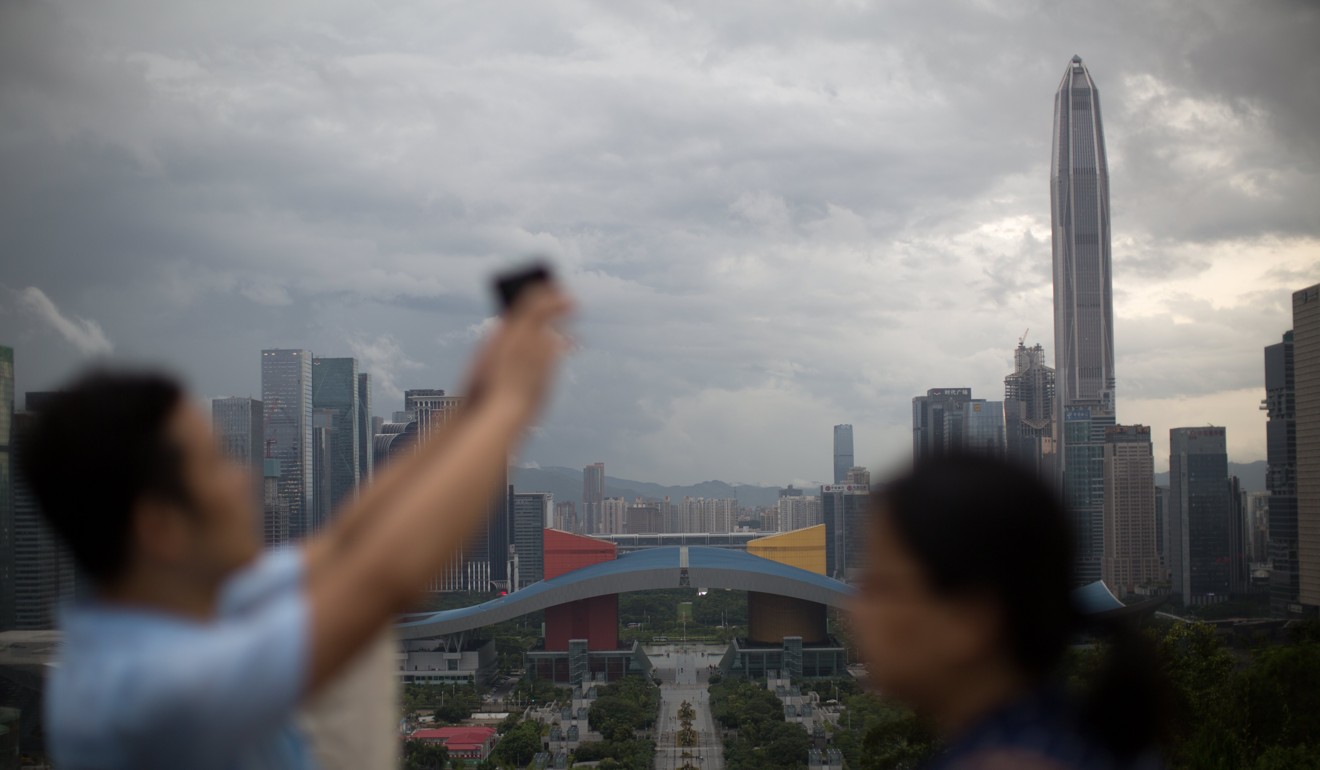
How Hong Kong can help the Greater Bay Area become a landmark in China’s reform process
These initiatives may well hold opportunities for Hong Kong’s international business community, playing to the city’s strengths as a connector to the rest of the world and mainland China, especially in sectors like project finance, law and logistics. Under Lam’s leadership, Hong Kong could help shape a brighter future, provided it carves out its own role within these large projects.
But it should not be forgotten that Hong Kong already has a well-developed international stature, making it a leading global city with a reach beyond regional initiatives. While it makes sense for Hong Kong to align with China’s national strategies under “one country”, Hong Kong can also trumpet its distinct “two systems” advantage to safeguard its economic and international influence, especially with a new chief executive who is open to the media and travels widely.
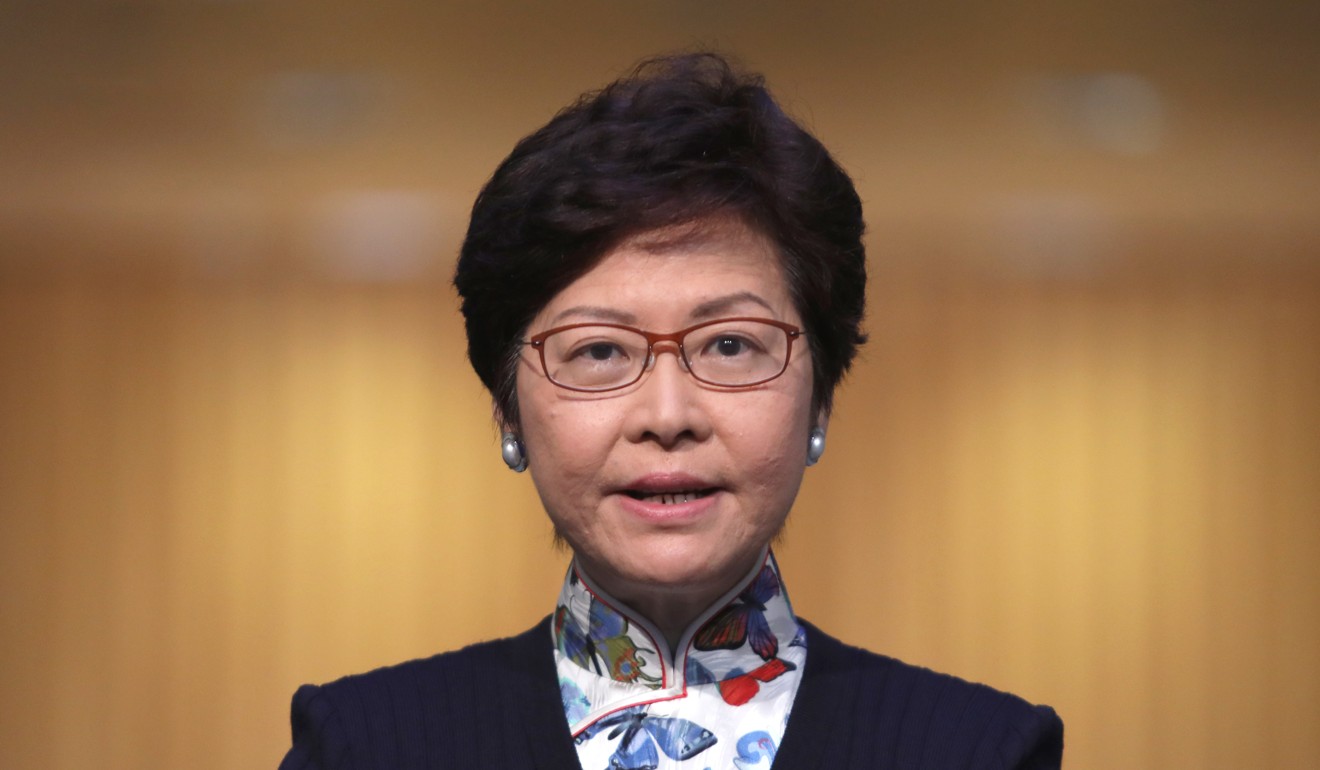
New deal marks shift in Hong Kong’s plan to capitalise on ‘Belt and Road Initiative’
Not many cities in this highly competitive world have special status within a fast-growing region. The opportunity is in the hands of the Hong Kong SAR, though it requires leadership, cooperation among government departments and drive to make “one country, two systems” a resounding success, rather than a binding bilateral treaty with a 50-year shelf life.
Hong Kong already has a strong base to build from. It is more than an Asia hub. It is an international centre for excellence, melding global characteristics that should be further developed. Just a few years ago, Hong Kong used the slogan “Asia’s World City” to advertise itself as a place where multinational companies operate in a comfortable, familiar business landscape steeped in internationally recognised law; a city where financial institutions base their Asia headquarters to capture the capital flowing from the East and West; and a place where global media outlets can operate thanks to a right to free speech.
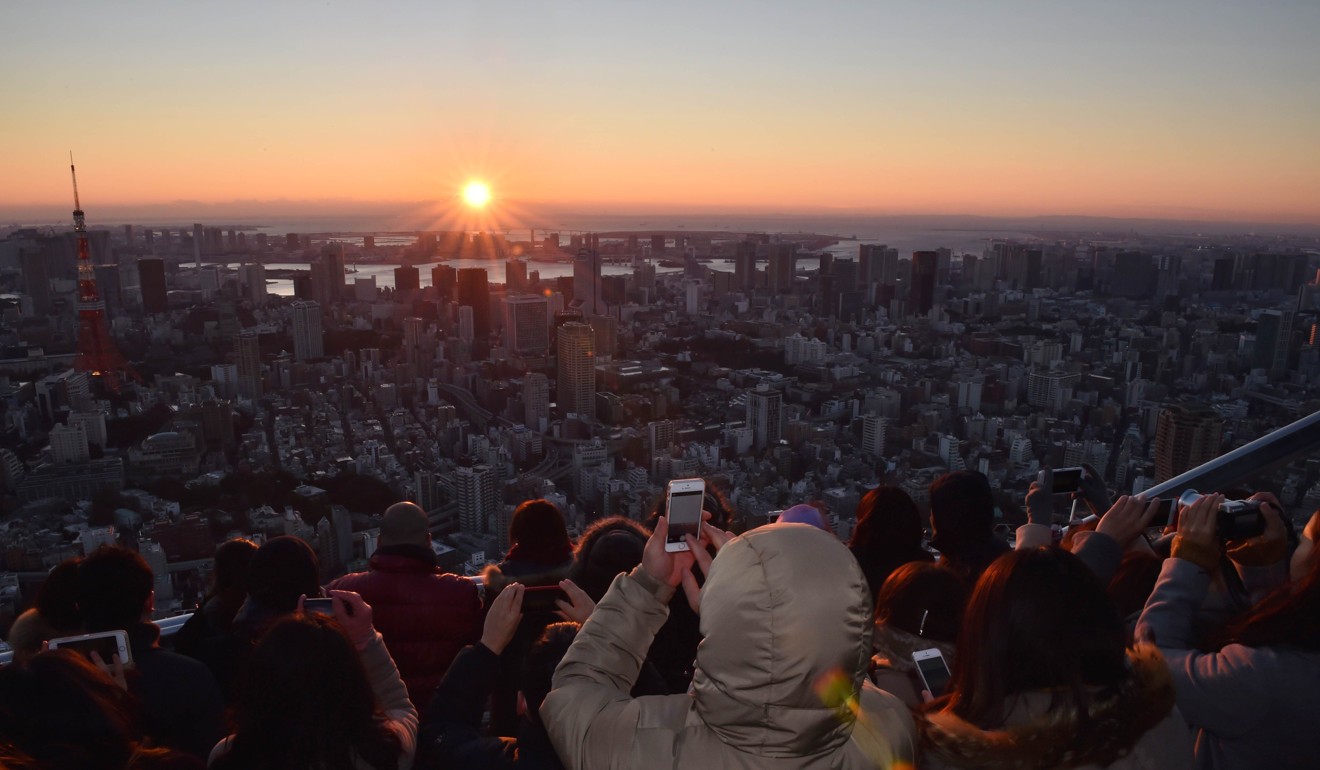
Hong Kong cheaper than Beijing, Tokyo when it comes to cost of setting up offices, says CBRE
Letting those global advantages slip away could put Hong Kong at risk of losing its influence in an increasingly competitive region. Other cities have built their own global links. It’s now easy to catch a non-stop flight from New York to second-tier cities across China. Singapore has invested heavily to lure global biotech and internet companies. The Tokyo Bay area is already large and thriving.
But Hong Kong still has a lead in many areas. Several American universities have set up campuses in Hong Kong, ranging from MBA programmes to design schools. These institutions recognise Hong Kong’s unique qualities, with strong connections to both Western and Eastern values and ideas. Graduates of these institutions leave with a global mindset, a crucial skill in the 21st century.
Key takeaways from Hong Kong leader Carrie Lam’s first policy address
Hong Kong must grasp new opportunities or lose its glowing reputation as an extraordinary business hub. It can succeed if the government takes bold creative decisions and uses its unique framework and already-established reputation.
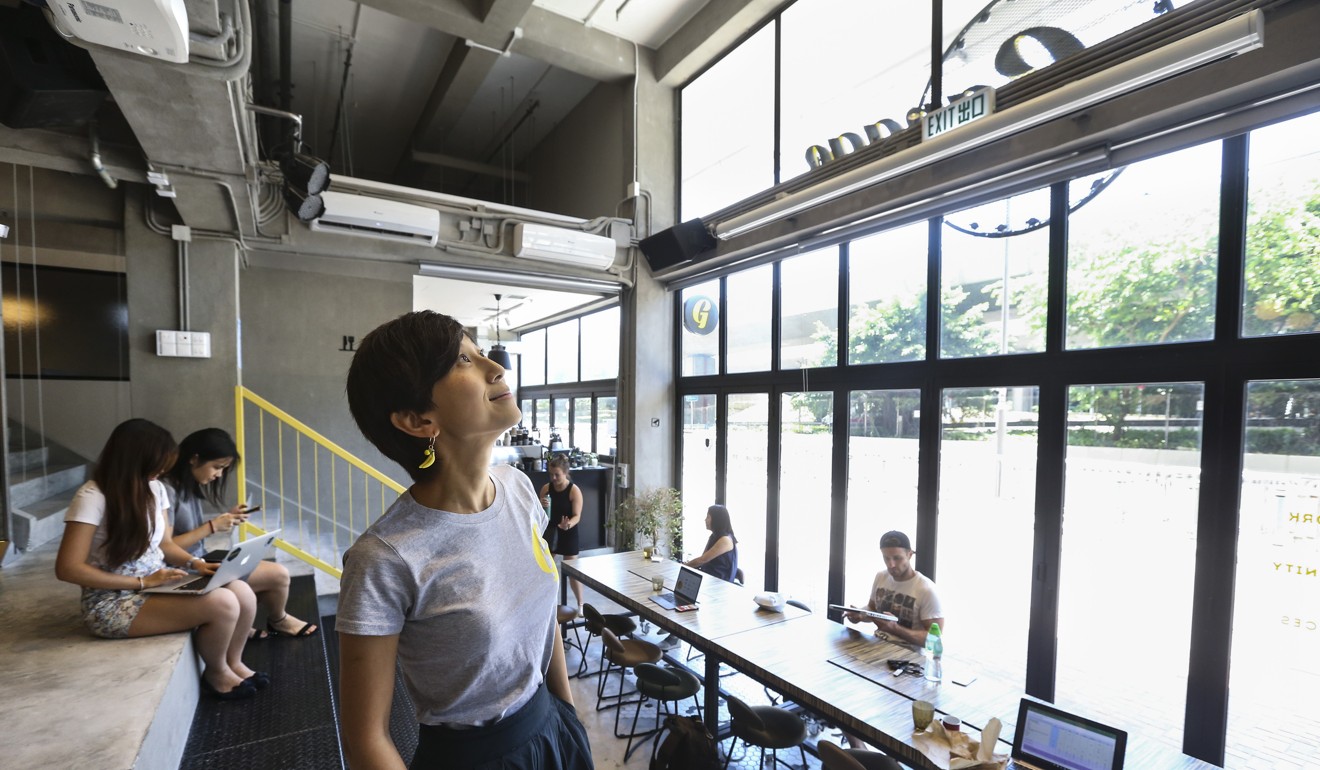
Small businesses and start-ups in Hong Kong need more than tax breaks to thrive, owners say
These initiatives are important for the future of Hong Kong but they also have a larger significance. Hong Kong is a great experiment in a melding of Eastern and Western culture. Its initiatives, if successful, can provide an example for the success of the melding of the best of East and West.
Tara Joseph is president of the American Chamber of Commerce in Hong Kong

